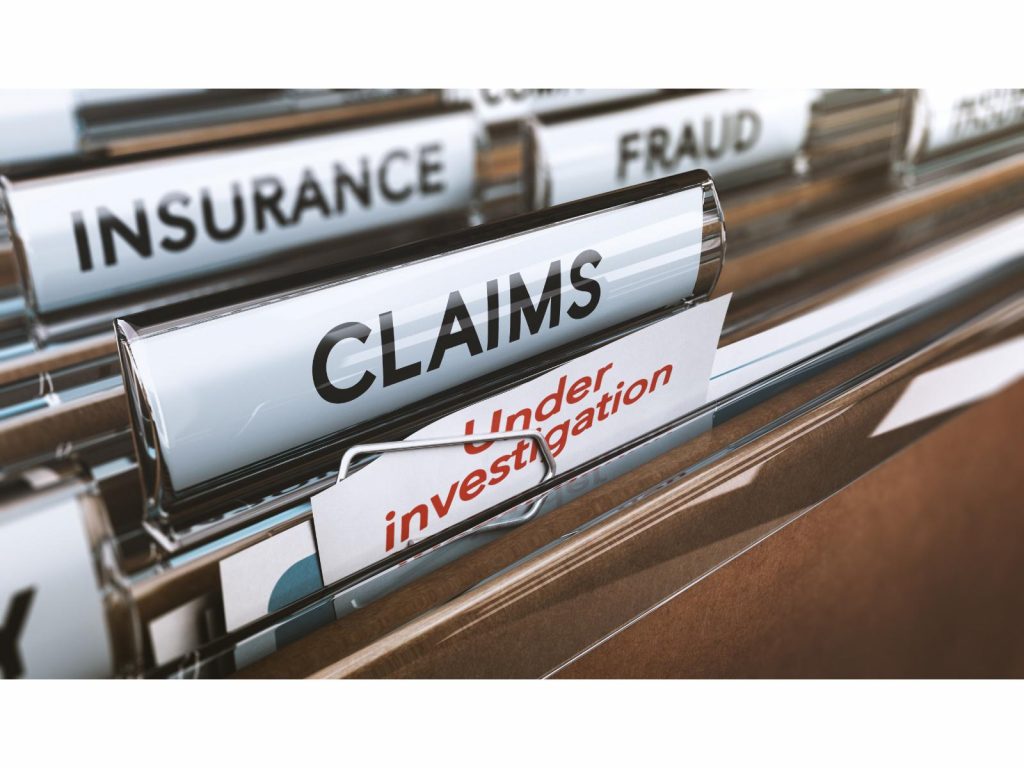Guarding Against Real Estate Frauds in Canada – Expert Tips
In what has become the norm, most, if not all, Canadians use digital technologies for convenience in real estate transactions. This includes identity verification, virtual appraisals, e-signatures, and cloud-based document sharing. But, as online documentation becomes more prevalent, so have real estate frauds in Canada.

In the past, identity verification relied heavily on in-person checks, such as reviewing a driver’s license or other documents. Digital technologies provide a more convenient option but have some drawbacks, especially regarding security. As scam artists become more sophisticated and tech-savvy, impersonation fraud has become more common.
Real estate frauds in Canada are on the rise, and as a homeowner in Canada, it is crucial to understand how you can fall victim to them. If you are an investor looking at homes for sale in Welland or a buyer browsing Milton homes for sale, you need to be aware of potential scams in real estate.
In this comprehensive guide, we will explain the different types of real estate fraud in Canada, provide preventive measures, and list resources for victims of fraud.
Table of Content
Common Types of Real Estate Fraud
What do we mean when we talk about real estate fraud?
Simply put, real estate fraud happens when someone tries to trick people into buying dodgy property or stealing their homes without their knowledge or compensation. Fraudsters use fake documents or identities to carry out scams, such as impersonating someone to steal property or giving false information about property.
These fraudulent activities can be catastrophic for the legal owners and potential investors, both financially and emotionally. And so, it is essential to be aware of the common types of fraud in real estate Canada to protect yourself and your property.
Types of Real Estate Fraud
- Title Fraud: Title fraud is one of the most common types of real estate scam – A fraudster steals the identity of a homeowner so that they can pose as the rightful owner of the property. They can manipulate the property’s title using fake documents, including transferring the title to their name, selling the property, or even obtaining a mortgage using the homeowner’s identity.

- Mortgage Fraud: Mortgage fraud, as the name indicates, is the deliberate misrepresentation or withholding of information on a mortgage application to buy a property or raise more money for an additional property. This type of fraud is committed by property owners, buyers, or individuals posing as property owners.
- Foreclosure Fraud: Foreclosure fraud typically targets homeowners facing financial difficulties. Fraudsters pretend to offer non-traditional financing options, request upfront fees, and manipulate homeowners into transferring the property title. They may also force homeowners to sign statutory declarations granting them rights to the property.
Preventive Measures Against Real Estate Fraud
How do you protect yourself from real estate fraud? Property owners in Ontario and other provinces can proactively take these precautions to prevent falling prey to scamsters.
Always Protect Your Personal Information
- Be very cautious about sharing personal information, both online and offline. Only provide personal information to trusted individuals or organizations.
- Use secure and reputable online platforms such as savemax.com when searching for properties or engaging in real estate deals.
- Exercise caution when conducting real estate transactions online. Verify the legitimacy of the website and the individuals involved before sharing personal information or making payments.
- Minimize the number of identification cards you carry and keep them in a secure place.
- Shred and securely dispose of documents that contain financial information, including bank statements and credit card offers.
- Regularly review your credit report for any unauthorized accounts or discrepancies.
Safeguard Your Mail
- Deposit outgoing financial and property documents in post office collection boxes or drop them off at your local post office. In addition, promptly retrieve mail from your mailbox after delivery.
- If you move or change your mailing address, ensure your mail is forwarded or re-routed to your new address.
Stay Educated and Cautious
- Stay updated on the latest scams and fraud techniques by following reputable sources of information, such as government websites and consumer protection agencies.
- Educate yourself about real estate processes, including title transfers, mortgages, and other relevant legal procedures.
- Be cautious of unsolicited offers or requests related to your property. Verify the legitimacy of any communication or transaction before proceeding.
Secure Your Property’s Title
- Consult with a real estate lawyer or professional when buying or selling property, including semi detached houses for sale in Mississauga. They can provide guidance, review contracts, and help identify any red flags or potential risks.
- Regularly check the land registry office to ensure that the title to your property is in your name. This can help identify any unauthorized transfers or changes.
- The Financial Consumer Agency of Canada recommends that you invest in title insurance, which can provide financial protection for fraudulent title transfers.
What to Do If You Suspect Real Estate Fraud
If you suspect that you have become a victim of real estate fraud in Canada, do not hesitate to take immediate action. Here is what you need to do:
- Collect evidence of the fraudulent activity, including documents, emails, and communication records. Take screenshots or print copies of online transactions or communications that raised your suspicions. For instance, an advertisement for “house for sale in Brampton” that has the same details and information as your home, and has been listed without your knowledge.
- Report the fraud to your local law enforcement agency. Please provide them with all the relevant information and evidence you have gathered. Obtain a copy for your records – you will require this when pursuing legal action or working with other authorities.
- Inform your bank, mortgage lender, and other financial institutions about the situation and take steps to protect your accounts and assets
- Consult with a real estate lawyer experienced in fraud cases. They can guide you through the legal process, help protect your rights, and pursue any necessary legal action.
- Report the fraud to consumer protection agencies in your jurisdiction. They can provide additional guidance, resources, and assistance in resolving the situation.

Resources for Victims of Real Estate Fraud
If your suspicions come true and you have fallen victim to real estate fraud, do not give up hope. Several resources are available in the country to help you navigate the process and seek justice.
Here are some organizations and agencies that can assist:
- Canadian Anti-Fraud Centre: The Canadian Anti-Fraud Centre is a central agency that collects information and supports fraud victims. You can report the fraud and access resources on their website.
- Real Estate Council of your province: Contact the Real Estate Council in your province for guidance and information on reporting real estate fraud.
- Local Law Enforcement: Reach out to your local police department and provide them with all the relevant details of the fraud. They will guide you through the necessary steps and investigations.
- Legal Aid Programs: Depending on your financial situation, you may be eligible for legal aid programs that can provide free or low-cost legal assistance.
- Victims’ Assistance Programs: Many provinces offer victims’ assistance programs that provide support services, counselling, and financial assistance to victims of crime.
Signing Off!
Prevention is better than cure – this adage holds good when dealing with real estate frauds in Canada, too. Be wary of sharing your personal and financial information. Stay informed and up-to-date with your property titles and documentation to protect yourself.
However, if you do suspect that you are a victim of fraud, it is crucial to act swiftly and seek professional advice. For more advice and help on Canadian real estate, contact us.
Some FAQs on Real Estate Fraud
Q: What are the red flags to watch for in a real estate transaction?
A: Resistance to listing the property publicly, demand for a quick deal without sufficient time for due diligence, and the purchase price vastly exceeding recent transfers of similar property are some potential warning signs.
Q: How can I protect myself from real estate fraud?
A: Verifying the identities of all parties involved, ensuring documents are original, working with licensed professionals, conducting a land title search, and purchasing title insurance are some key steps you can take.
Q: Why should I hire a lawyer for my real estate transactions?
A: A lawyer can help protect your interests, provide legal advice, and help you navigate the complexities of real estate transactions.
